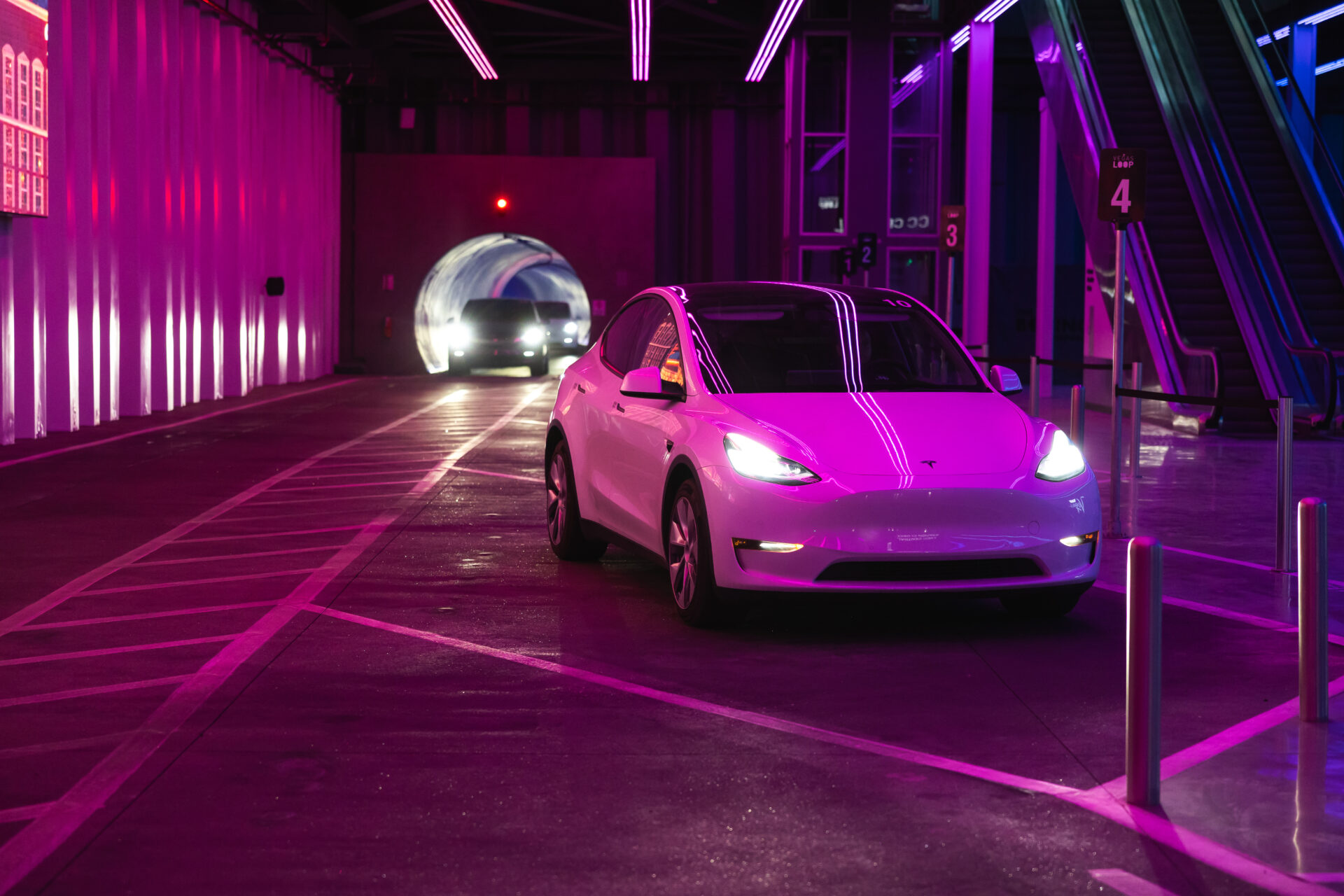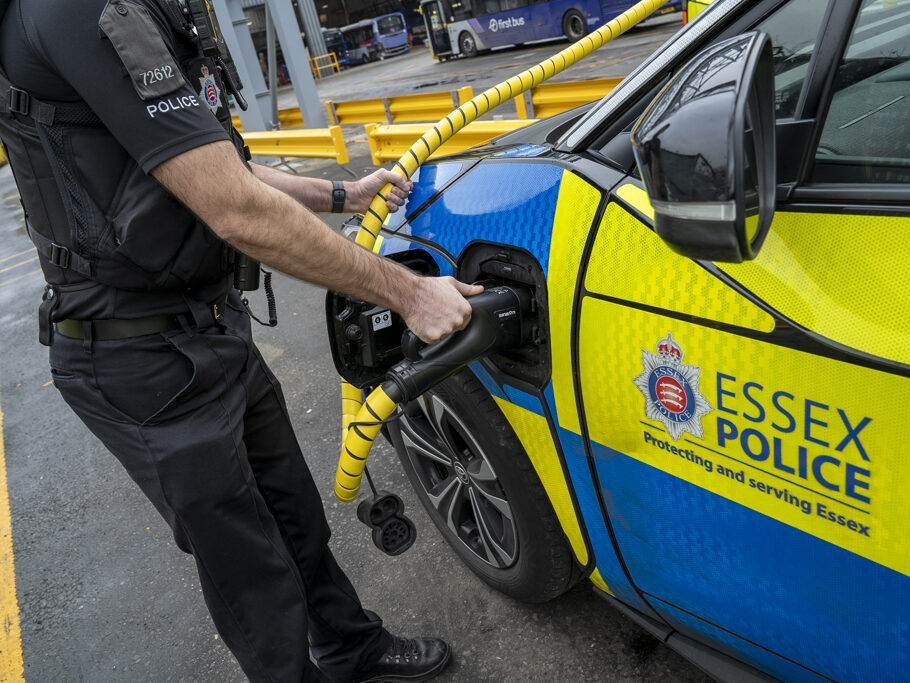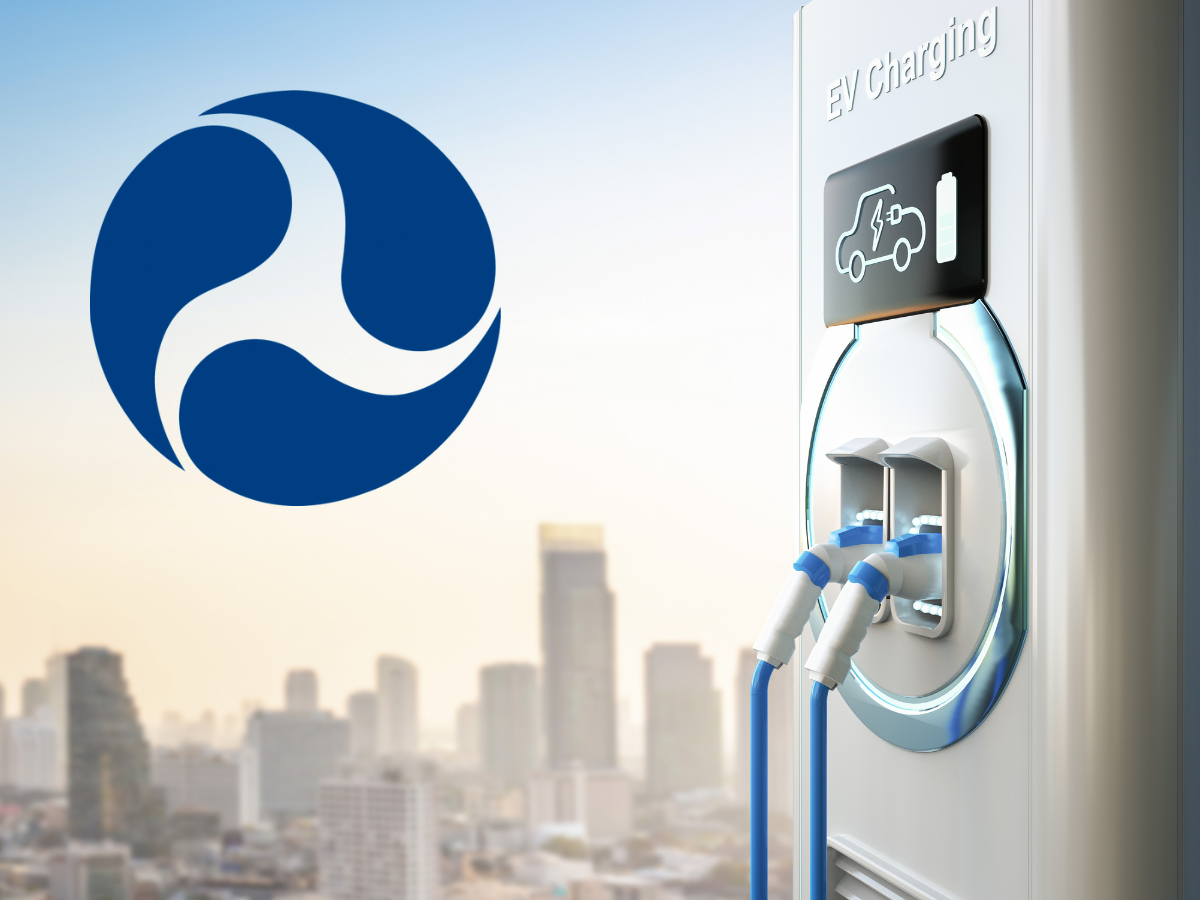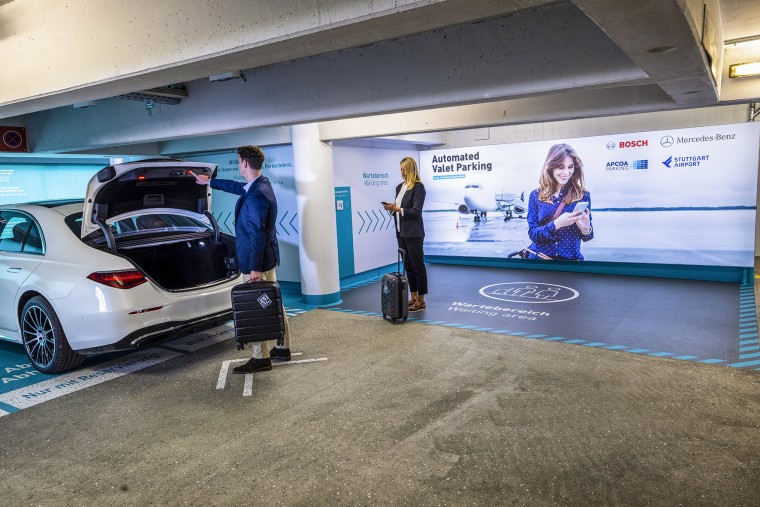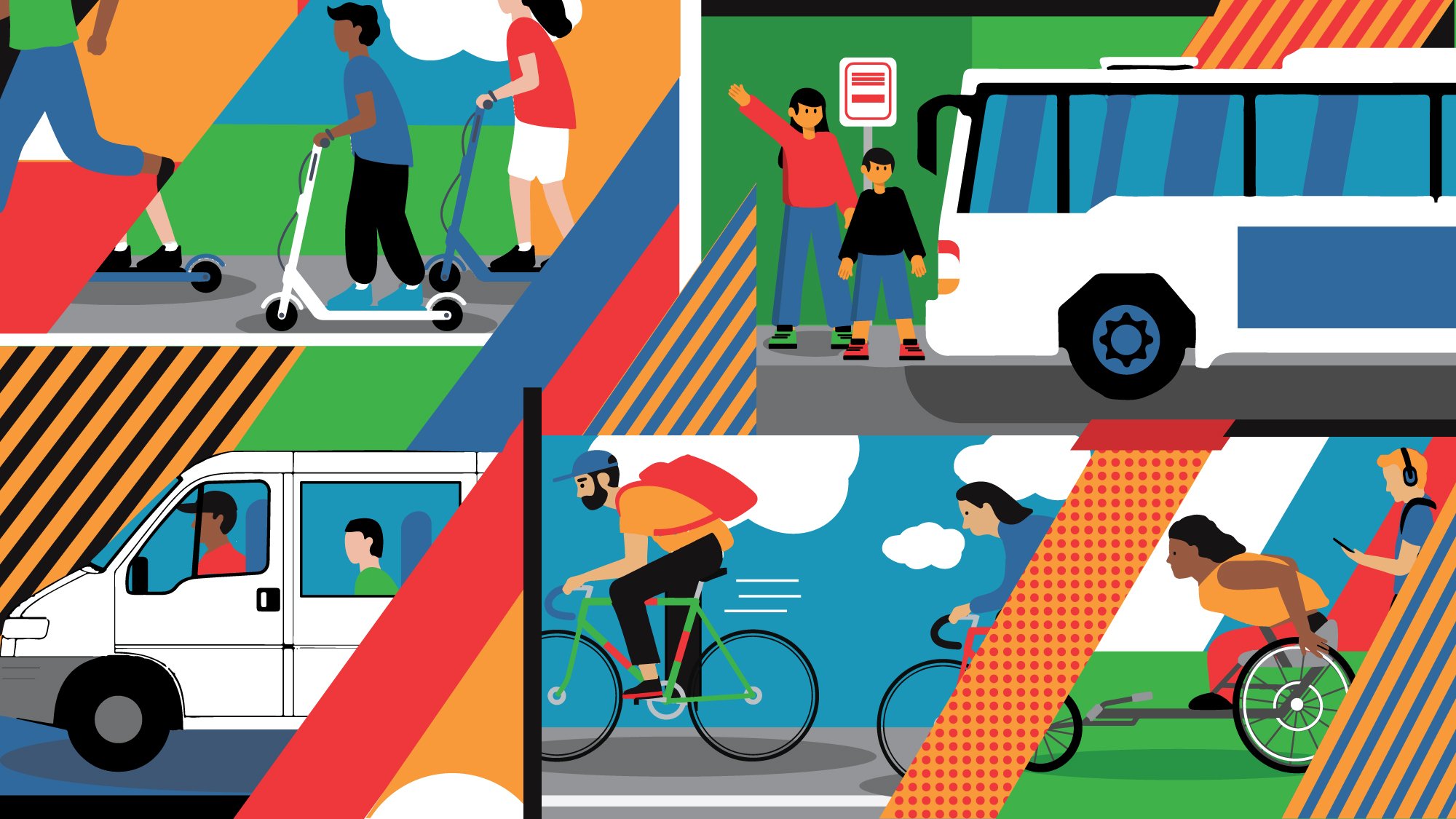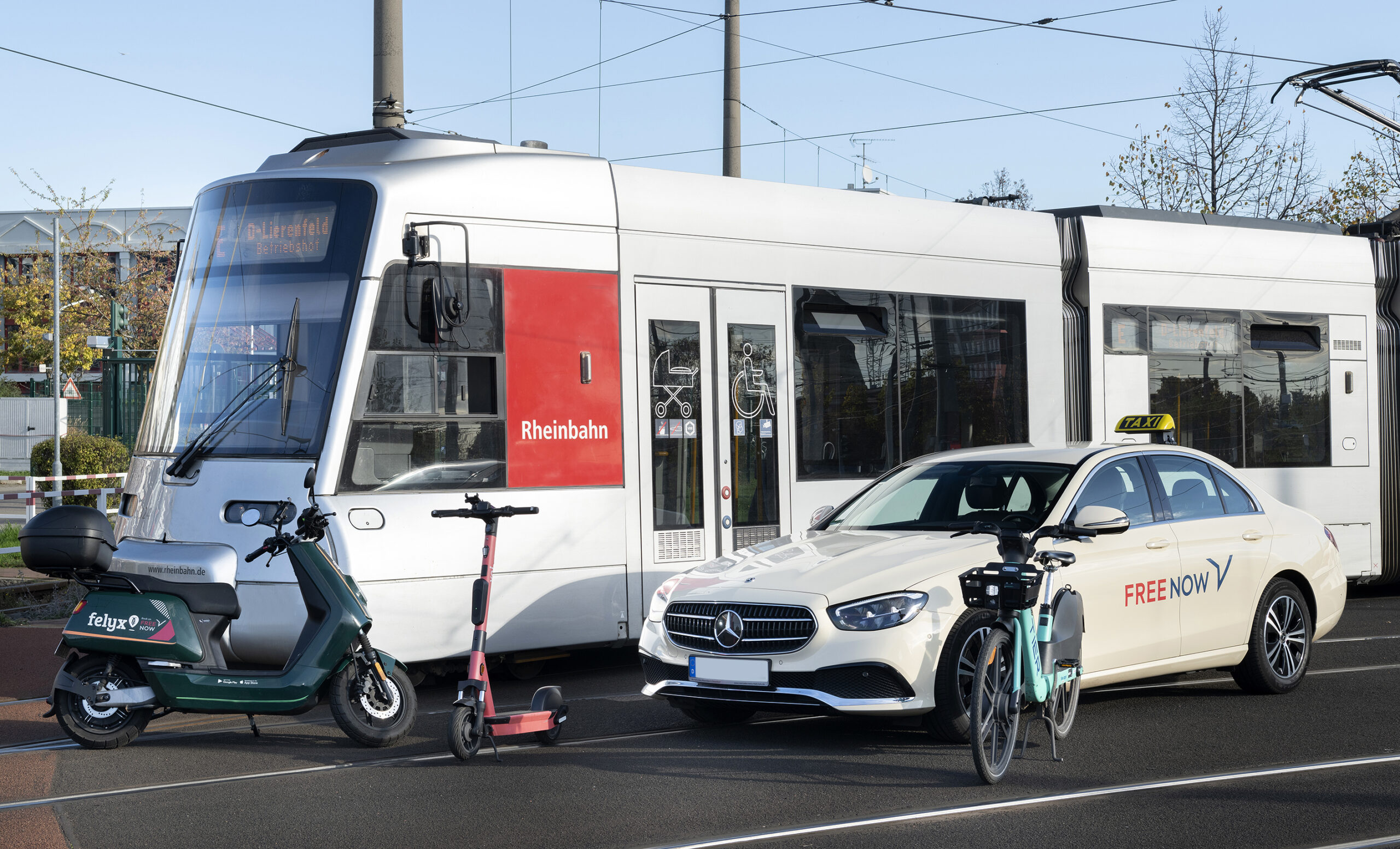Germany’s Federal Ministry for Digital Affairs and Transport (BMDV) has published guidelines to support municipalities wishing to introduce cable cars as part of their local public transport network.
Although cable cars are widely used for mountain transport on skiing and hiking holidays, they are not yet used to provide public transport in German cities.
In order to support this introduction, BMDV has published a document entitled ‘Urban cable cars in local public transport‘.
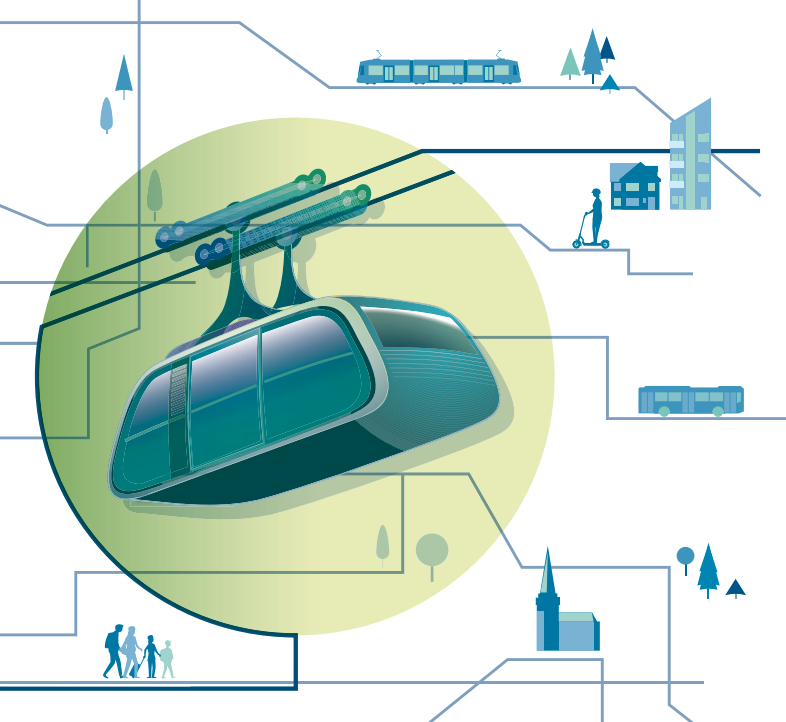
BMDV has also announced that urban cable cars will be eligible for federal funding for up to 75 percent of related costs.
Federal Transport Minister Volker Wissing said;Cable cars are a reliable, proven and sustainable means of transport. Urban ropeways can overcome obstacles such as hills, rivers or routes, close gaps in the public transport network, extend existing lines and connect new residential or commercial areas. They are climate-friendly and space-saving. With our guidelines, we give municipalities that want to use this potential concrete support in the realisation of projects - from the idea to planning and construction to operation. It shows how urban cable cars can also be used in Germany and integrated into the local transport network.
Urban cable car systems are generally less expensive and time consuming to install than other modes of transport.
They are currently successfully used in cities such as Toulouse, France; London, UK; and Paz, Bolivia, which has the largest network in the world with ten lines.
In addition, plans are also underway to introduce new cable car systems in Paris and Los Angeles.
The BMDV guidelines for implementing this form of urban transport were developed in coordination with the Stuttgart Institute of Transport Science and the planning office, Drees & Sommer.



